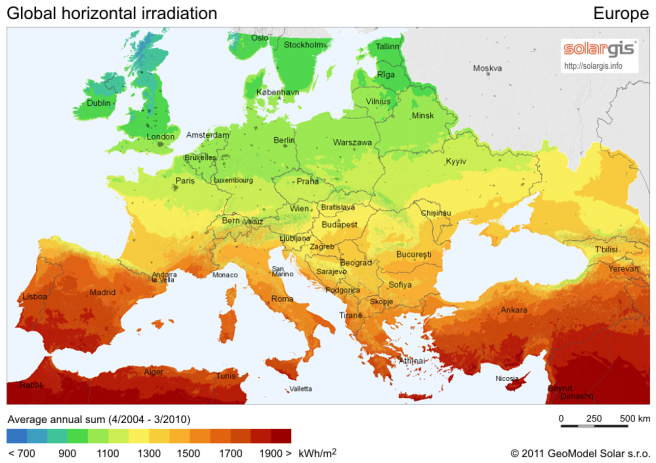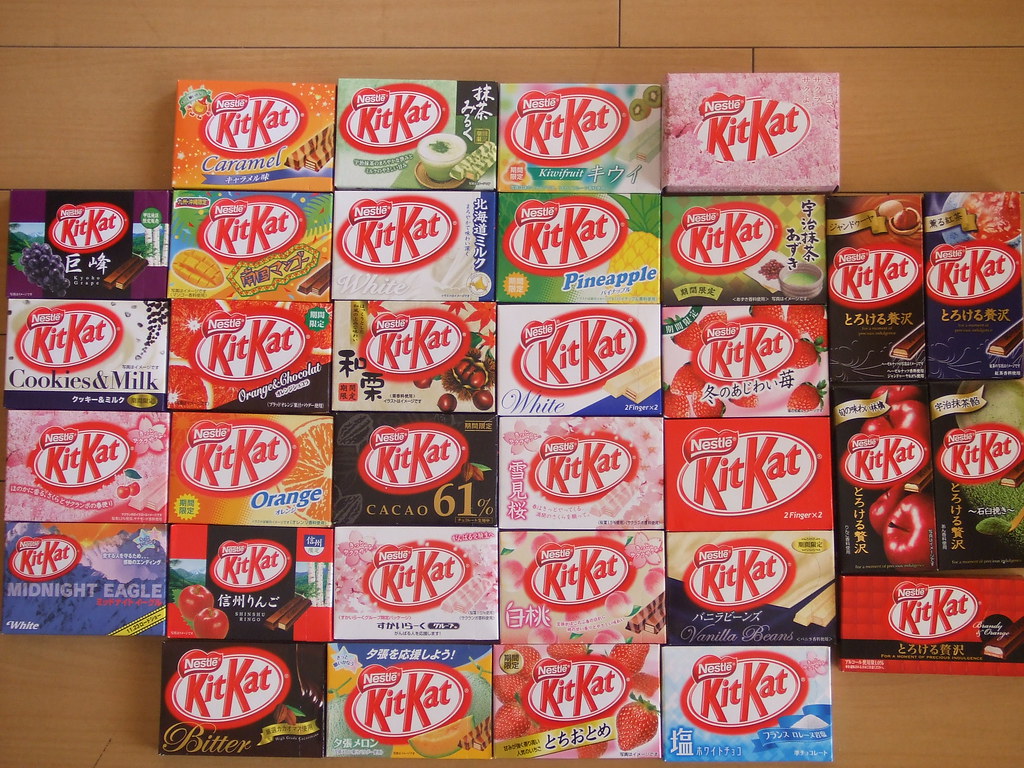In response to yesterday’s annual college-to-college meeting of the African Union Commission (AUC) and the European Commission, hold in Ethiopia, I thought it would be  nice for once to reflect on their connection, as we nowadays are more focused on the Middle-East part of the world.
nice for once to reflect on their connection, as we nowadays are more focused on the Middle-East part of the world.
Establishments
Europe and Africa have close historical, cultural and geographical ties. Their relationship is based on the 2000 Cotonou Agreement with African, Caribbean and Pacific (ACP) countries. It was established in 1975 at the Lomé Convention. The main financial instrument for development cooperation in ACP countries is the European Development Fund (EDF) which was created by the Treaty of Rome (European Union External Action, 2016). Last year, there was a public consultation held by the European Commission and the High Representative of the Union for Foreign Affairs and Security Policy, to discuss key questions pertaining to the partnership and relations with the ACP group after 2020, as the current one lasts until 2020.
The Euro-Mediterranean Partnership, was established in 1995 and its main objective is to create a deep Euro-Mediterranean Free Trade Area which aims at removing barriers to trade and investment between both the EU and Southern Mediterranean countries (with the exception of Syria and Libya). Together the region represents 8,6% of total EU external trade. 
The Joint Africa-EU Strategy, is another essential fundament of their partnership. This strategy was adopted, as the first and only intercontinental partnership strategy of the EU, at the EU-Africa Summit of Lisbon in 2007 and reaffirmed at the Summit of 2014. They want to strive together towards 2 unions and 1 vision, as a partnership between equals, and align common issues in order to solve them as soon as possible.
Financing the Partnership
The EU and its Member States together remain the biggest aid donor of Official Development Assistance (ODA) to Africa worldwide. It also remains Africa’s top trading partner even if Africa is expanding its economic relations with other continents. Around 20 percent of all foreign direct investment in Africa comes from EU firms. Funds are to be provided not only through the EU budget, but also by EU Member States and where possible, through AU Member States and African instruments and institutions like the African Development Bank. The Africa-EU partnership is currently governed by Roadmap 2014-2017. The bond between the two continents has been very effective thus far, it has delivered results in various areas of cooperation, including peace and security, democratic governance, infrastructure, and Millennium Development Goals (MDG’s). For example, in infrastructure many projects have received financial support of the EU, for a total value of €6.5 billion and it was estimated that the return on investment was 12 times what had initially been invested. The European Union contributes and supports more than 80% of the African Union Commission programme budget. Since 2013, the European Commission alone spend approximately €1.7 billion to the African Union. The Pan-African Programme (Panaf) is an initiative of the EU and operates as a funding instrument in order to help integrate African countries and regions better. The Panaf amounts to €845 million for the period of 2014-2020. ‘’The Programme allows to better addressing the needs of the Africa-EU partnership, focussing on trans-regional and continental challenges in Africa as well as supporting activities of common interest at the global level (The Africa-EU Partnership, 2016).’’ The EU has concluded several successful negotiations for Economic Partnership Agreements (EPAs), in particular with West and Southern Africa in 2014 and with the East African Community in 2015.
All this promises to be very well for the economic prosperity of Africa, but how about the current migration crisis of refugees from Africa who flow daily into Europe. Is there still enough money to give to the least developed countries (LDCs), such as the African continent? More and more European ‘’donor’’ countries are cutting aid from their national foreign aid budget which was reserved for the LDCs, this is especially dangerous as the global goals for sustainable development are set to meet less poverty in those areas by 2030. As Adrian Lovett, Europe executive director for the ONE campaign, said: ‘’As more aid is diverted to offer vital help to the increasing numbers of refugees arriving in richer countries, people in desperately poor nations are paying the price.’’

In the graph above, you can see the percentage of aid spent on in-country refugees. It dates from 2013, but Sweden is still the country which spends most of its aid budget on refugees. I think it is understandable that Italy and Greece spend almost the entire aid budget on refugees, as they have had austerity measures forced upon them due to amongst other things; the Eurozone crisis. However, I believe that other European countries need to deal at first with refugee’s cause of having a lack of opportunity to have a decent life in their own countries, and not treat solely the symptoms. In other words, invest more in LDCs instead of in refugee camps as Europe no longer can bear the burden. In previous years, money supply disappeared due to political corruption that’s one of the reasons why EU member states rather choose for using the oversees aid budget on the refugee crisis in their own country. Many of the migrants are not worst-off in their home countries, which became clear in a Frontex report. Besides, the vice-president of the European Commission, Frans Timmermans, said earlier that around 60% of the so-called refugees are actually Africans, including Moroccans and Tunisians, who are leaving their own countries for ‘’economic reasons’’ and not for emergency reasons such as war or poverty. Many people are convinced that it is just a question of logical reasoning when it comes to relocating aid money, as people flee from North-Africa it is natural that the aid money is following them to the EU migration crisis.
To conclude,
The entire development assistance system is fragile at a time when demands for aid are increasing. Of course, all these cutbacks in financial foreign aid put a certain pressure on the Africa-EU partnership and these matters were addressed once more at yesterday’s meeting.
Please leave your comment in the section below.
-Maxime Helgers
1345192



 er controls at the EU’s internal borders. The border-free Schengen Area guarantees free movement to more than 400 million EU citizens, as well as to many non-EU nationals, tourists, or other legal persons present on the EU territory. It also entitles every EU citizen to travel, work and live in any EU country without special formalities. I am proud to be a EU citizen and to have this luxury of free movement throughout Europe.
er controls at the EU’s internal borders. The border-free Schengen Area guarantees free movement to more than 400 million EU citizens, as well as to many non-EU nationals, tourists, or other legal persons present on the EU territory. It also entitles every EU citizen to travel, work and live in any EU country without special formalities. I am proud to be a EU citizen and to have this luxury of free movement throughout Europe. 
 over 10 years. “Over the long term, the generalisation of permanent border controls would be equivalent to a 3 percent tax on trade between countries in the Schengen area, which would lead to a structural decline in trade of 10 to 20 percent,” they wrote. Half of the cost would be due to a drop in tourist visits, 38 percent because of the impact on cross-border workers and 12 percent to the additional cost on freight transport,
over 10 years. “Over the long term, the generalisation of permanent border controls would be equivalent to a 3 percent tax on trade between countries in the Schengen area, which would lead to a structural decline in trade of 10 to 20 percent,” they wrote. Half of the cost would be due to a drop in tourist visits, 38 percent because of the impact on cross-border workers and 12 percent to the additional cost on freight transport,  y ‘’The Great Euro Crisis” wherein the British presenter Michael Portillo portrays Greece’s current problems as a cause of joining the Euro.
y ‘’The Great Euro Crisis” wherein the British presenter Michael Portillo portrays Greece’s current problems as a cause of joining the Euro.  f money to spend but it was actually not owned by Greece so they had to pay it back over time. Greece became uncompetitive and could not live up to the European level of expectations, Germany as an economic wealthy and stable country is too dominant present. In the first few years people’s living standards increased enormously and they started to import luxury goods excessively like expensive cars, yachts, villas etc. However, not only the citizens of Greece increased their spending behaviour but also the government of Greece did. Whole Greece was impressed by the availability of cheap credit. The government purchased and build new tramlines, railways and trains. Many of the expended infrastructure materials had to be imported so Greece needed to borrow even more money to pay of course the German companies.
f money to spend but it was actually not owned by Greece so they had to pay it back over time. Greece became uncompetitive and could not live up to the European level of expectations, Germany as an economic wealthy and stable country is too dominant present. In the first few years people’s living standards increased enormously and they started to import luxury goods excessively like expensive cars, yachts, villas etc. However, not only the citizens of Greece increased their spending behaviour but also the government of Greece did. Whole Greece was impressed by the availability of cheap credit. The government purchased and build new tramlines, railways and trains. Many of the expended infrastructure materials had to be imported so Greece needed to borrow even more money to pay of course the German companies. 






